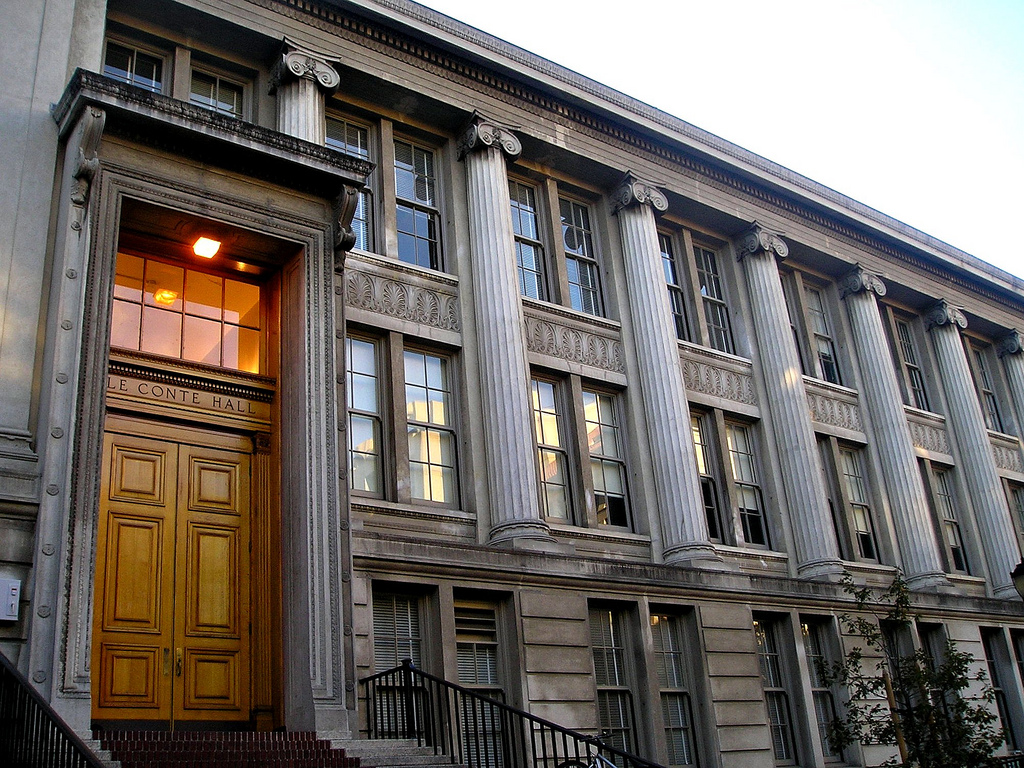Jean Tatlock (1914-1944) was an American psychiatrist and Communist Party member.
Tatlock’s father was an English professor at the University of California, Berkeley. From him, she inherited a great love of English literature, particularly the poet John Donne. Tatlock met J. Robert Oppenheimer in 1936 while she was studying at the Stanford University Medical School. By this point, she was already an active member of the Bay Area’s Communist community. She is credited with introducing Oppenheimer to this community, initiating his connections to radical politics that would eventually lead to the revocation of his security clearance almost twenty years later.
Tatlock and Oppenheimer maintained an intense relationship for several years, and according to Oppenheimer, twice came close to getting married. Tatlock broke off the relationship in 1939, but Oppenheimer visited her in San Francisco as late as 1943. Tatlock, who suffered from depression, was found dead on January 5, 1944. Some have suggested foul play was the cause, but most historians have concluded that she most likely committed suicide.
One of Dunne’s sonnets, “Trinity,” shares the same name as the nuclear test conducted by the Manhattan Project on July 16, 1945. Many historians believe it was named as a tribute to Tatlock.





